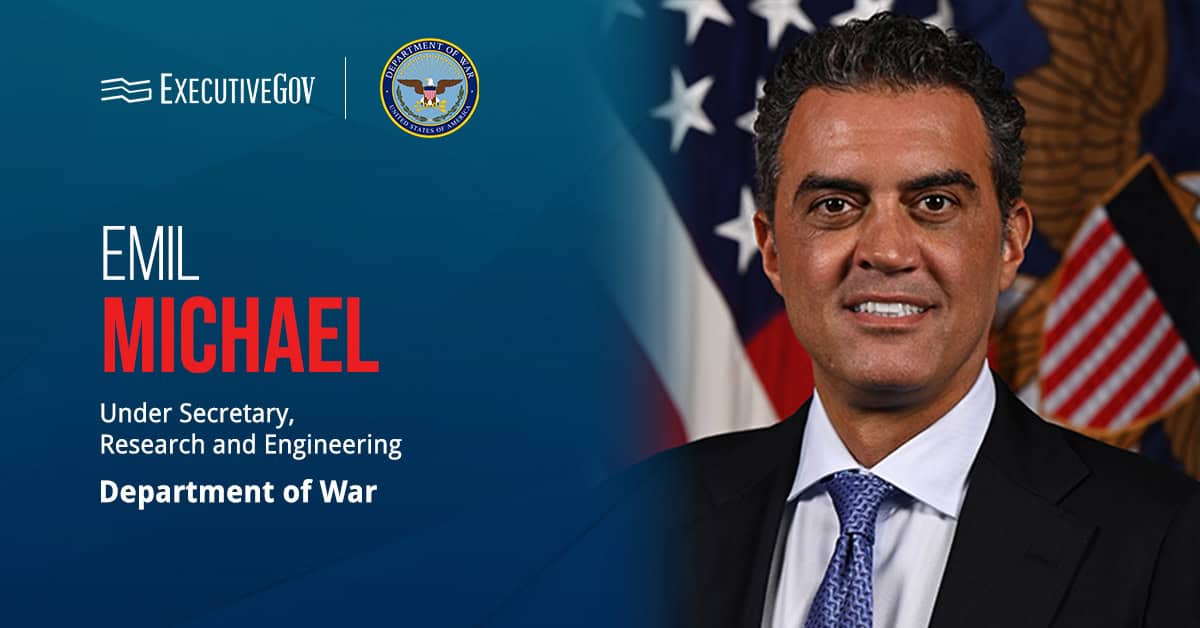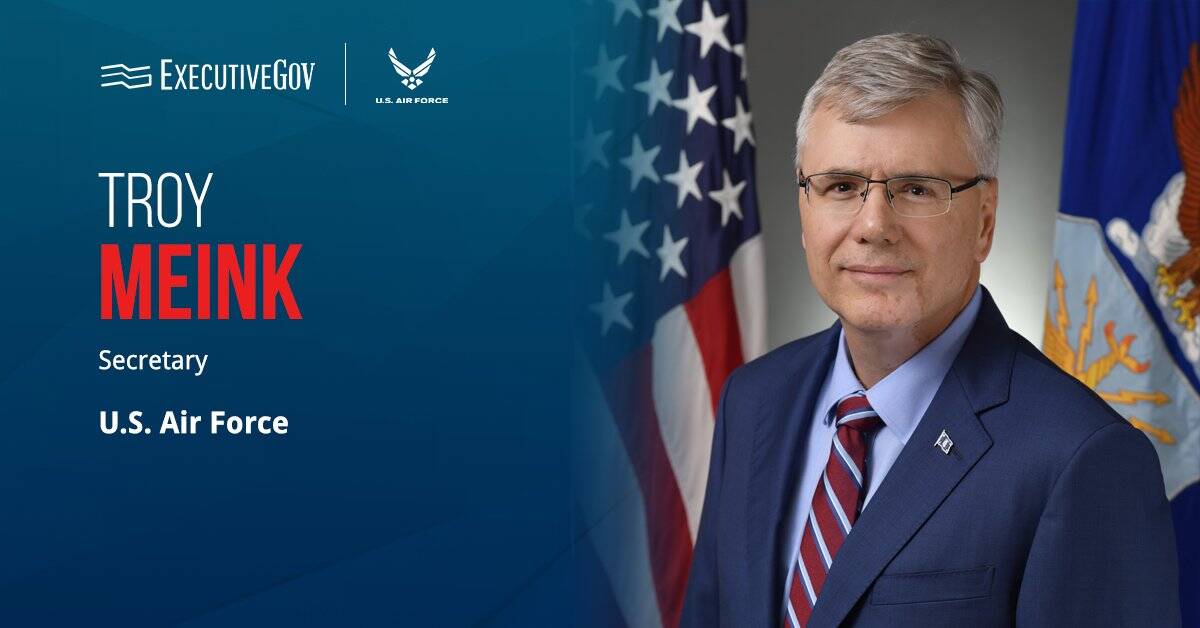 U.S. Air Force Global Strike Command test-fired an LGM-30 Minuteman III missile on Nov. 6, Noozhawk reported Wednesday.
U.S. Air Force Global Strike Command test-fired an LGM-30 Minuteman III missile on Nov. 6, Noozhawk reported Wednesday.The intercontinental ballistic missile, which was armed with a mock warhead, was launched from an underground silo at Vandenberg Air Force Base in California.
Joe Thomas, speaking on behalf of AFGSC, described the test as “reliable.†In such tests, the weapon “completes its flight path within a designated safety corridor, the equipment functions properly, sensor data is collected, and the reentry vehicle impacts where targeted.â€
Thomas pointed out, however, that data collected during the test, and the analysis of that data, will not be divulged to the public.
The U.S. arsenal of Minuteman III ICBMs constitutes the ground-based component of the country’s strategic nuclear triad.
The earliest iteration of the weapon was put into service in 1968.





